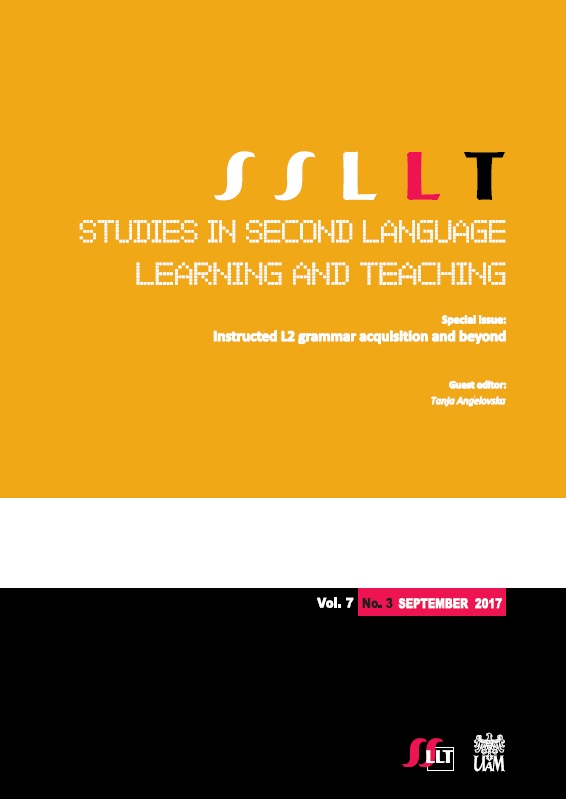Game on! Young learners’ incidental language learning of English prior to instruction
Game on! Young learners’ incidental language learning of English prior to instruction
Author(s): June EyckmansSubject(s): Foreign languages learning
Published by: Wojskowe Biuro Historyczne im. gen. broni Kazimierza Sosnkowskiego
Keywords: incidental language acquisition; young learners; media exposure; computer games
Summary/Abstract: In this paper the incidental language acquisition of 11-year-old Flemish children (n = 30) who have not received any formal English instruction is investigated. The study looks into children’s English proficiency and the learner characteristics that can be associated with it. In order to measure the children’s English proficiency, a receptive vocabulary test and a proficiency test (which measured listening skills, speaking skills, reading skills and writing skills) were used. Information about learner characteristics was gathered through two questionnaires (for children and parents). The results show that a significant proportion of the 11-year-olds can already perform tasks at the A2 level (The Common European Framework of Reference for Languages) without having had any formal instruction. The study confirms that children learn English from the input they receive through different media (especially gaming and computer use). Furthermore, the data reveal a strikingly positive attitude towards English and demonstrate that in some situations Flemish children prefer using English over their L1 with their peers.
Journal: Studies in Second Language Learning and Teaching
- Issue Year: VII/2017
- Issue No: 4
- Page Range: 673-694
- Page Count: 22
- Language: English

